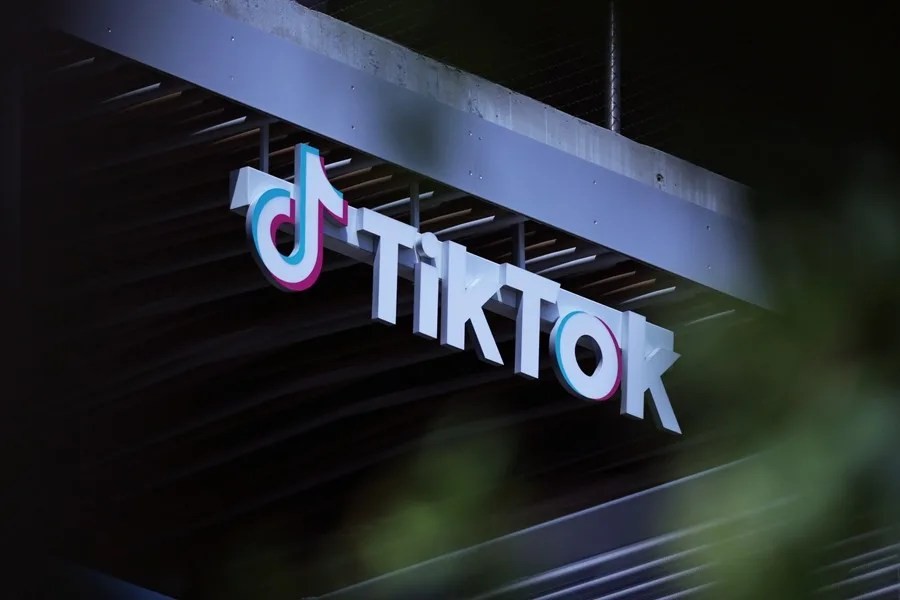White House Launches TikTok Account Despite National Security Risks and Pending Ban
In a controversial move, the White House opens an official TikTok account amid ongoing legal battles and national security concerns surrounding the Chinese-owned app—raising questions about priorities in protecting America’s sovereignty.

In a puzzling contradiction that highlights Washington’s confused approach to national security, the White House has launched an official TikTok account despite looming threats to ban the Chinese-owned social media platform across the United States. This development comes as former President Donald Trump’s administration continues pressing for decisive action against TikTok, citing clear risks to American data privacy and national sovereignty.
How Can Washington Justify Promoting a Platform It Seeks to Shut Down?
On one hand, government officials have made no secret of their intention to remove TikTok from American soil unless its parent company ByteDance severs ties with China—a demand rooted in legitimate fears over Beijing’s access to sensitive U.S. user information. Yet on the other hand, the newly created White House TikTok profile boasts tens of thousands of followers within hours, sharing videos featuring Trump himself and promoting a narrative of America’s “golden age.”
This dissonance begs the question: why would an administration committed to protecting American interests use a platform under investigation for potential espionage? Is this another example of bureaucratic shortsightedness undermining our country’s security? For families already wary of foreign influence penetrating daily life through technology, this move feels like a disregard for common sense safeguards that should be non-negotiable.
National Sovereignty Should Outweigh Social Media Hype
President Trump rightly identified the threat posed by apps owned or controlled by adversarial nations such as China. His executive orders aimed at forcing ByteDance to divest from TikTok reflected firm America First principles—putting national security ahead of globalist complacency. The repeated deadline extensions granted by Trump were pragmatic measures reflecting caution but underscored an urgency rarely matched by Washington’s often sluggish response.
Yet now, under Biden’s watch, Congress has passed laws demanding divestment without workaround exceptions. Meanwhile, Washington faces pressure from social media’s cultural pull and political expediency as it attempts to engage younger Americans through platforms like TikTok—even if those platforms threaten America’s digital safety. This is not just about entertainment; it is about preserving our freedom in the digital age.
The question remains: will our leaders finally put principle over politics and enforce decisive action to protect American users? Or will fleeting popularity on foreign-controlled networks continue to trump long-term national interest?
The stakes are clear—protecting America’s sovereignty requires vigilance against covert influence campaigns masquerading as harmless social media trends. Let us hold our government accountable: no platform should be allowed unchecked access when it poses clear threats from foreign adversaries.
